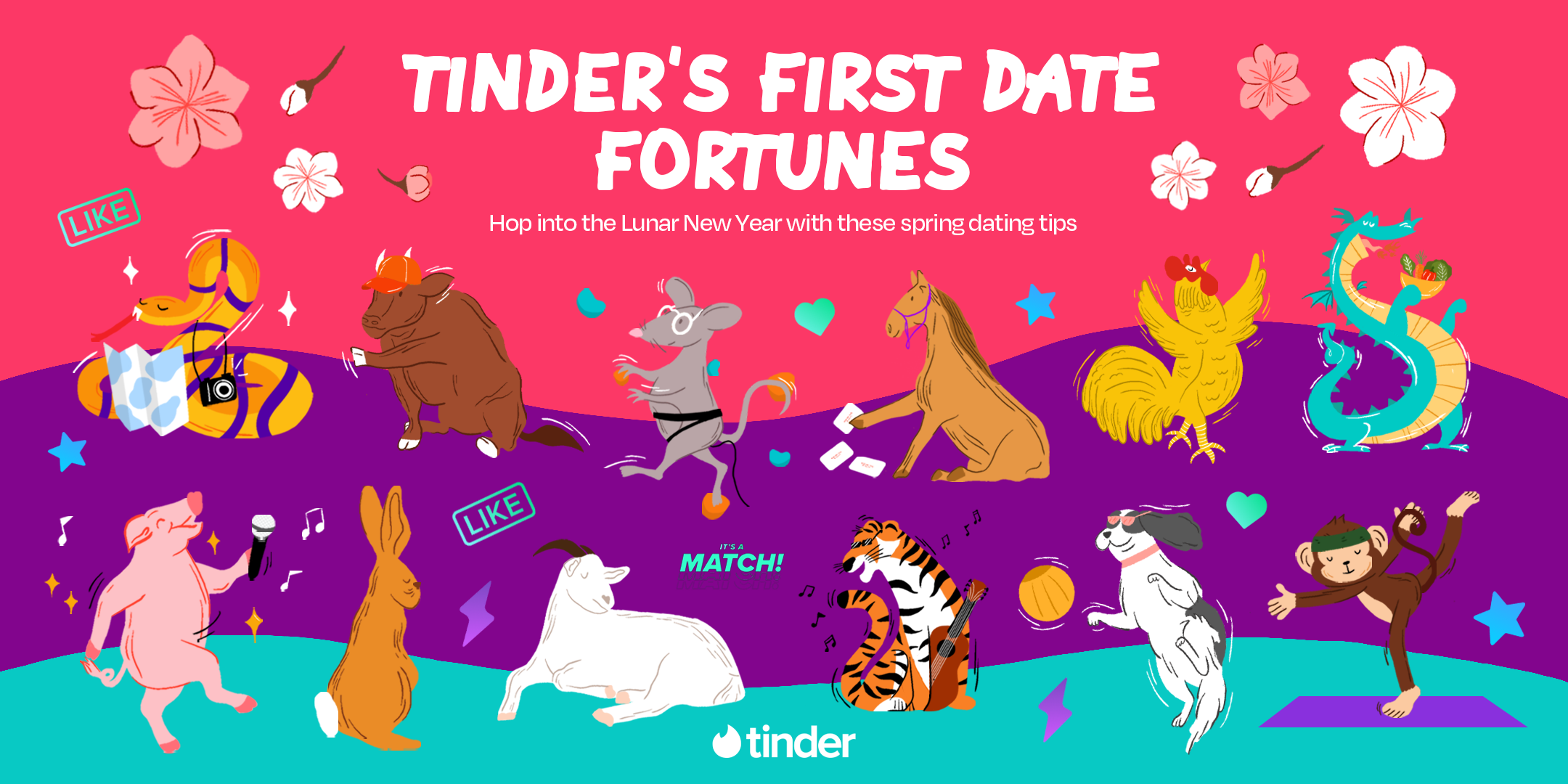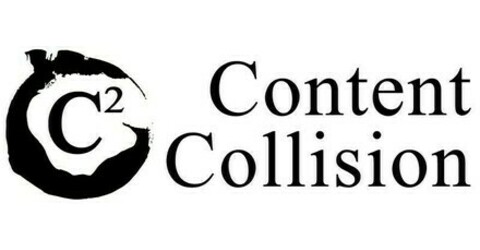Zodiac signs and dating dynamics: Tinder's marketing approach
Tinder taps into the zodiac trend, partnering with Feng Shui astrologer Clement Lim to offer users insights into love compatibility.

In an era where digital connections are paramount, Tinder's fun approach to matchmaking underscores the enduring allure of astrology. The dating platform's collaboration with Singapore-based Feng Shui astrologer Clement Lim from Kang Li Feng Shui highlights a unique intersection of technology and ancient wisdom. This partnership aims to provide users with "pop-astro inspired insights," focusing on how Chinese zodiac signs interact and communicate on the app, along with tips to enhance dating luck.
Clement Lim is a renowned astrologer affiliated with Kang Li Feng Shui, a consultancy in Singapore. Known for blending traditional Feng Shui principles with contemporary contexts, Lim offers a fresh perspective on astrological insights, particularly in the realm of love and relationships.
In this collaboration, Clement Lim provides specialized astrological insights based on the Chinese zodiac, offering users a unique perspective on how their signs might influence their interactions and compatibility on Tinder. This could involve analyses of personality traits, preferences, and potential dynamics between different signs. By integrating these insights into the platform, Tinder can offer personalized advice or matchmaking suggestions tailored to the astrological profiles of its users.

Feng Shui marketing strategy and its success stories
This trend is not confined to niche sectors; major platforms like Tinder and WhatsApp are at the forefront, signaling a shift toward marketing that not only targets demographics but also aligns with cosmic energies.
Astrology, with its rich tapestry of insights into human behavior and preferences, offers a unique lens through which brands can tailor their messaging. Tinder's astrological initiative, for instance, capitalizes on this by allowing users to connect based on zodiac signs, introducing a personalized layer to digital matchmaking.
Similarly, the ancient art of Feng Shui is making its mark beyond its traditional realms. In the hospitality industry, establishments such as Malaysia's Genting Hotel, Trump International Hotel, and Baccarat Hotel & Residences in New York are pioneering this integration. These hotels meticulously design their spaces to comply with Feng Shui principles, aiming to enhance guest well-being and attract prosperity. This attention to detail and energy flow not only elevates the guest experience but also sets these brands apart in a crowded market.
The application of Feng Shui extends into broader business practices as well. AYRIAL, a notable association of lifestyle consultants, champions the use of Feng Shui in marketing efforts. By aligning business cards, website designs, and other marketing materials with Feng Shui's five elements, businesses are believed to foster a conducive environment for success and wealth, further deepening their connection with clients.
This shift toward incorporating astrological and Feng Shui elements into marketing strategies reflects a broader movement toward more meaningful and personalized brand communications. As digital platforms evolve, so too does the way in which brands engage with their audiences, leveraging ancient wisdom to create a resonant and impactful message in the modern age.

Implications of Feng Shui in media
This growing trend, highlighted by initiatives from Tinder and ventures by WhatsApp into astrology-focused marketing, prompts a reevaluation of advertising's future and the ways brands engage with their customers. This strategy not only leverages the widespread interest in astrology but also nurtures a more profound relationship with consumers. By drawing on the vast array of cultural and spiritual beliefs, businesses are offering something beyond mere products or services—they are crafting experiences that deeply resonate with individuals on a personal level.
Yet, this approach introduces complexities for those in the media industry. As companies increasingly incorporate astrology and Feng Shui into their promotional activities, the demand for genuineness and cultural respect becomes crucial. Any oversight in this sensitive domain may trigger negative reactions from the audience, who might perceive these efforts as insincere or even offensive to established traditions.
Nevertheless, the adoption of astrological elements in marketing, as demonstrated by Tinder, signifies an evolving arena where creativity intersects with heritage. This exploration by businesses signals a changing tide in advertising and customer relations, possibly establishing new norms for connecting with audiences in a way that is both meaningful and respectful.
Clement Lim’s astrological insights for Tinder users
Dive into the zodiac jungle of dating where every sign plays its part. Here's what the astrological signs spell out for you Grip singles in the dating cosmos:
- Active signs: Rooster, Dog, and Pig users are highlighted for their social engagement and openness to new connections.
- Cool players: Dragon, Horse, and Snake users might play it cool, focusing on personal goals or independence.
- Popular profiles: Goat, Monkey, and Horse users are likely to catch attention with their unique traits.
- Long-term seekers: Dogs, Pigs, and Rats are inclined towards seeking stable, long-term relationships.
- Exploratory phase: Monkey, Rooster, and Goat users may take time to explore and figure out their relationships.
- Perfect matches: Combinations like Monkey-Rooster and Horse-Goat are among those predicted to find successful matches.
ContentGrow helps brands and publishers work with high-quality freelance writers and journalists worldwide. Sign up to get started or book a discovery call to learn more.





